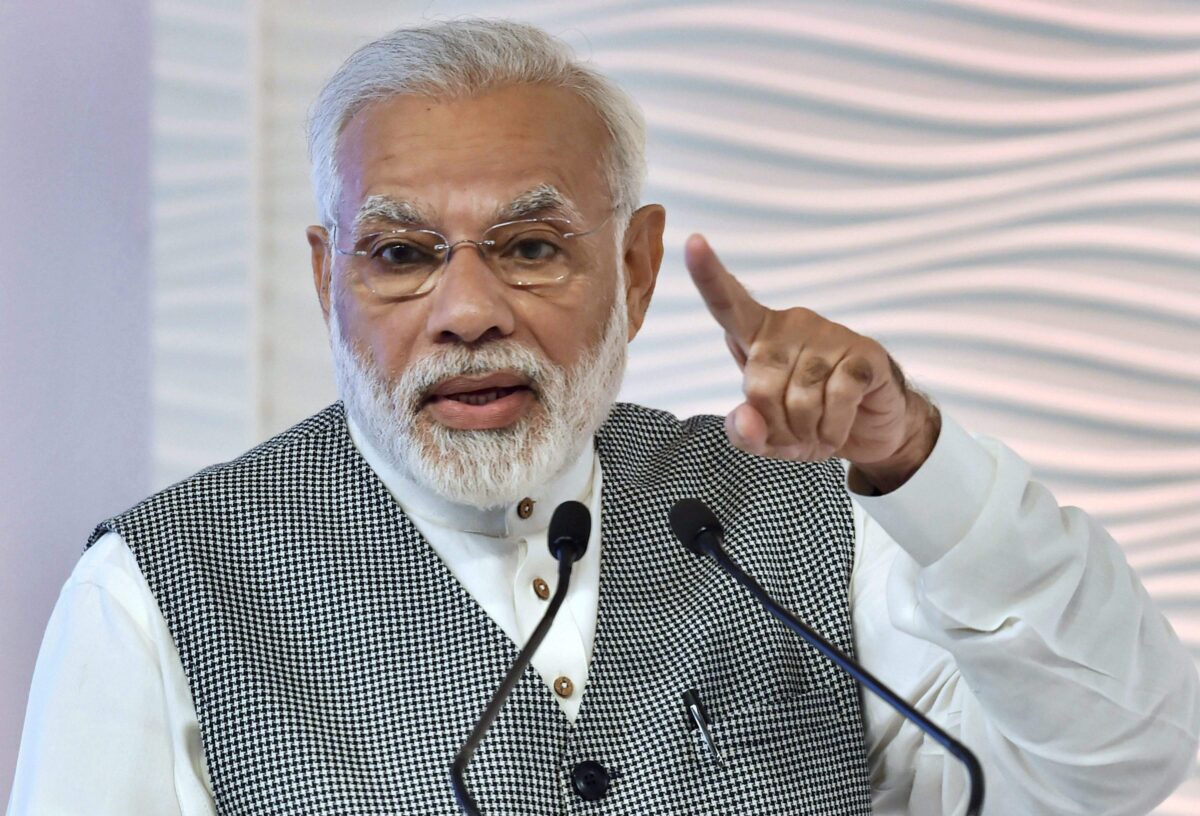Prime Minister Narendra Modi, on a bright day in New Delhi, inaugurated the 9th G20 Parliamentary Speakers’ Summit (P20), a significant event hosted by the Parliament within the larger framework of India’s G20 Presidency. With this gathering of global parliamentary leaders, Modi likened the occasion to a “mahakumbh” of parliamentary practices from around the world, extending a warm welcome on behalf of India’s vast and diverse population of 140 crore individuals.
In his address to the assembled delegates, Prime Minister Modi underscored the pivotal role that parliaments play as arenas for debate and deliberation. He also took pride in India’s recent accomplishments, emphasizing the successful conclusion of the G20 summit and the historic moon landing.
The significance of this event was not lost on Modi, who noted, “Today, we are hosting the P20 Summit. This Summit is also a medium to celebrate the power of the people of our country. P20 Summit is being organized in India, which is the mother of democracy and the world’s biggest democracy too.” The symbolism of India, known for its vibrant democracy, hosting this gathering of global parliamentary leaders was not lost on anyone.
In a world grappling with conflicts and confrontations, the Prime Minister delivered a message of unity and cooperation. He stated that such conflicts ultimately benefit no one, highlighting the ongoing conflict between Israel and Palestine-based Hamas militants, which had already claimed the lives of over 2,800 people in both regions. Modi emphasized that a divided world is ill-equipped to provide solutions to the myriad challenges it faces. Instead, he stressed the urgent need for unity, peace, and brotherhood, asserting that the time has come for the world to move forward together, prioritizing development and the welfare of all.
The P20 Summit was attended by Speakers of Parliaments from G20 member countries and invitee nations, forming an impressive and diverse assembly of global parliamentary leadership. The event brought together voices from Indonesia, Mexico, Saudi Arabia, Oman, Spain, the European Parliament, Italy, South Africa, Russia, Turkiye, Nigeria, Australia, Brazil, UAE, Singapore, Japan, Egypt, and Bangladesh, creating a platform for a wide range of perspectives and ideas. However, it was notable that the representative of Canada did not participate in this significant event, as reported by ANI.
According to the Prime Minister’s office, the P20 Summit would focus on four essential subjects, each carrying its own weight in the global context. These subjects included “Transformation in People’s Lives through Public Digital Platforms,” highlighting the power of technology in improving the lives of individuals around the world. “Women-led development” emphasized the role of women in driving progress and development. “Accelerating SDGs” underscored the urgency of achieving the Sustainable Development Goals, a crucial framework for a better future. Finally, “Sustainable Energy Transition” recognized the importance of transitioning to sustainable energy sources to address the global challenge of climate change.
In essence, Prime Minister Modi’s message resonated with a call for unity and cooperation in a world where divisions and conflicts often overshadow the potential for progress. The P20 Summit served as a platform for global parliamentary leaders to come together and deliberate on crucial topics that could shape the future of our planet. The symbolism of India hosting this event, as the world’s largest democracy, further underlined the significance of unity and collaboration in the face of global challenges.



